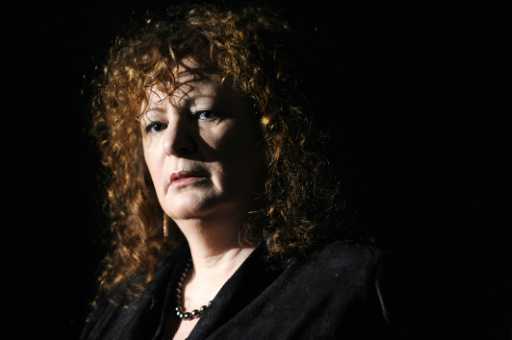Opioid maker on offensive as scrutiny mounts
17 February, 2018

Accused of profiting from a deadly opioid crisis ravaging middle class America, the maker of the world's best-selling pain medication went on the offensive Tuesday in the face of increasing scrutiny.
Purdue Pharma, a privately-held firm that made the fortune of the Sackler family of philanthropists, confirmed on Twitter that it is asking business representatives to encourage doctors to prescribe the anti-pain medications often abused by addicts.
"We have restructured and significantly reduced our commercial operation & our sales representatives will no longer promote opioids to prescribers," Purdue Pharma said.
Oversubscription of pain medications has led to dependence by millions of Americans and an explosion of fatal overdoses.
Purdue Pharma is among manufacturers named by New York City in a $500 million lawsuit filed in January to recoup costs that could help battle the escalating opioid crisis.
The deadly toll from overdoses in New York doubled between 2010 and 2016, when more than 1,000 people died from opioid excess.
More New Yorkers died from opioid overdoses than from car accidents and homicides combined.
The lawsuit, like hundreds of others, accuses manufacturers of deceptive marketing and distributors of over-supplying prescription painkillers, burdening the city with increased health care, criminal justice and law enforcement costs.
President Donald Trump in October described the opioid crisis as a national public health emergency.
An estimated 2.4 million Americans are addicted to opiates, the narcotics that include prescription painkillers, as well as heroin.
OxyContin, sold by Purdue Pharma, is the world's most popular anti-pain medication and made the fortune of the Sackler family, among the country's biggest philanthropic dynasties.
The company's founding brothers Mortimer and Arthur Sackler are dead but their name lives on at multiple museums in the United States, in London and in Paris at the Louvre.
Other Sackler family members still sit, quietly, on Purdue Pharma's board of directors.
In October, The New Yorker magazine said that OxyContin generated $35 billion to Purdue Pharma since it went on the market in 1995, a large part of which went to the Sacklers.
But the family remains discrete about its links with Purdue Pharma. The group's website does not identify Sacklers who serve on the company's board.
In January, American photographer Nan Goldin began a public campaign about the link between opioids and the wealthy philanthropists.
A former opioid addict, she formed the group PAIN (Prescription Addiction Intervention Now) and launched the hashtag #ShameonSackler.
The aim is to push Purdue Pharma and the Sacklers to finance programs for treatment and prevention, to limit prescriptions for opioids and to publicize their dangers.
Goldin also called on museums and universities that benefited from the Sacklers' largesse to refuse future donations.
Paradoxically, her crusade received support from Elizabeth Sackler, a daughter of Arthur, who told American media that "the opioid epidemic is a national crisis and Purdue Pharma's role in it is morally abhorrent to me."
She underlined that her father, who died in 1987, played no role in the development and commercialization of OxyContin and his stake in Purdue Pharma was sold to brothers Mortimer and Raymond.
"None of his descendants have ever owned a share of Purdue stock nor benefited in any way from it or the sale of OxyContin," she said.
Purdue Pharma posted on its website a warning about the effects of opioids and said it is committed "to being part of the solution by partnering with local law enforcement, state and local government agencies, and community groups across the country."
But, according to a report made public Monday by Democratic Senator Claire McCaskill, Purdue Pharma financially supported the Washington Legal Foundation, a group that in 2016 criticized recommendations of the Centers for Disease Control and Prevention aimed at limiting the prescription of opioids for cases of chronic pain.
The report lists a long series of medical associations specialized in the treatment of pain that Purdue Pharma and other producers have aided financially.
"Organizations receiving substantial funding from manufacturers have, in fact, amplified and reinforced messages favoring increased opioid use," McCaskill said.
-018 AFP
TAG(s):
